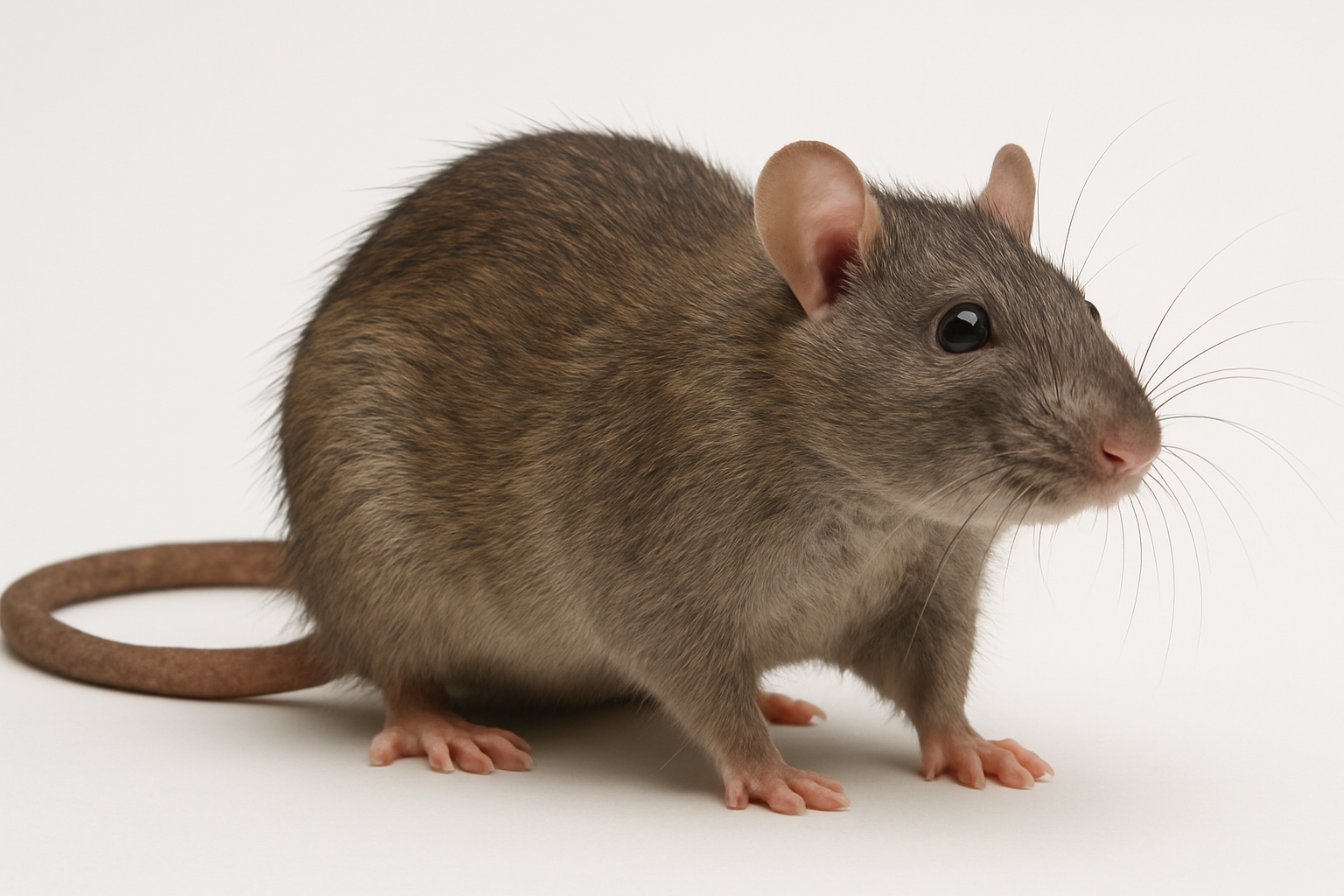HEALTH
REVEALED: How Common House Rats Can Kill — Shocking Truth Behind Silent Deaths in Nigerian Homes

REVEALED: How Common House Rats Can Kill — Shocking Truth Behind Silent Deaths in Nigerian Homes
Think rats are harmless? Discover how these common rodents can spread fatal diseases, cause house fires, and trigger deadly allergies. This report exposes it all.
….. Rats May Look Harmless, But Experts Warn They Can Spread Deadly Illnesses and Even Cause Fatal House Fires
In a chilling revelation that many Nigerians overlook, Health experts have raised alarms over the deadly risks posed by common house rats — warning that these seemingly harmless rodents are more dangerous than most people think.
Far beyond being a mere nuisance in homes, house rats (Rattus rattus and Rattus norvegicus) are known to be lethal carriers of disease, fire hazards, and silent killers that thrive in unhygienic and poorly maintained environments. The threat they pose is both direct and indirect, and the consequences can be fatal.
Rats Spread Deadly Diseases That Can Kill
According to public Health specialists, one of the most dangerous aspects of rats is their ability to spread life-threatening diseases to humans through urine, droppings, bites, and fleas.
Leptospirosis (Weil’s Disease):
Spread through rat urine-contaminated water or food.
Can cause liver failure, kidney damage, and internal bleeding.
In severe cases, can lead to death if untreated.
Lassa Fever:
Common in West Africa and transmitted by Multimammate rats.
Spread through food or surfaces contaminated with infected rat excreta.
Kills thousands annually and causes organ failure, hearing loss, or death in severe cases.
Hantavirus Pulmonary Syndrome (HPS):
Transmitted through inhalation of airborne particles from rat droppings or urine.
Causes acute respiratory distress and has a high mortality rate.
Plague (Yersinia pestis):
Still exists today in some parts of the world.
Spread through fleas that feed on infected rats.
Can cause bubonic, septicemic, or pneumonic plague, all of which can be fatal.
Rat-Bite Fever:
Transmitted through bites or contact with rat saliva.
Leads to fever, rash, vomiting, and joint pain, and can progress to sepsis and death if untreated.
Rats Also Cause House Fires That Can Kill
While most people focus on the Health risks, another underreported but deadly risk posed by rats is their habit of chewing through electrical wires, especially in ceilings and behind walls.
“Rats are responsible for many unexplained house fires. When they chew through insulation on wires, it can spark short circuits that ignite electrical fires,” said a safety official.
In densely populated urban areas, such fires can spread quickly and cause loss of lives, property, and livelihoods.
Food Poisoning and Contamination
Rats frequently invade food storage areas, contaminating food with droppings, urine, and saliva, which can lead to Salmonella, E. coli infections, and severe food poisoning — especially dangerous for children, the elderly, and immunocompromised individuals.
“Once rats get into your kitchen or food pantry, it’s only a matter of time before someone falls seriously ill,” warned Dr. Esther Umeadi, a public Health specialist.
Allergic Reactions and Asthma Triggers
Studies have shown that rat hair, droppings, and urine can act as strong allergens, triggering serious asthma attacks and respiratory distress, particularly in children. These reactions can lead to hospitalization or death in severe cases if not promptly addressed.
What Can Be Done?
Experts urge the public to take proactive steps to keep homes and environments rodent-free, such as:
- Sealing holes and cracks in buildings.
- Keeping food covered and stored properly.
- Maintaining clean surroundings.
- Using traps or approved rodenticides.
- Seeking professional pest control when infestation is suspected.
They also stress the need for government public Health campaigns, especially in slums and rural areas where rat populations thrive.
Real Danger, Real Consequences
What most people see as “just a rat” could be the cause of a deadly illness, a burnt house, or even an epidemic outbreak. As Nigeria continues to grapple with public Health challenges, the importance of rodent control and environmental hygiene cannot be overstated.
Related

